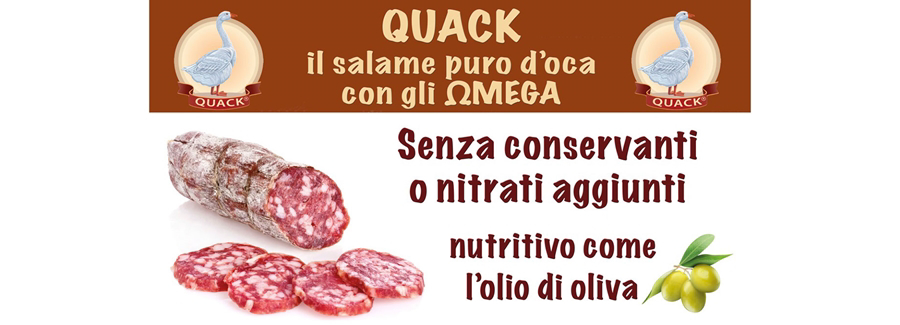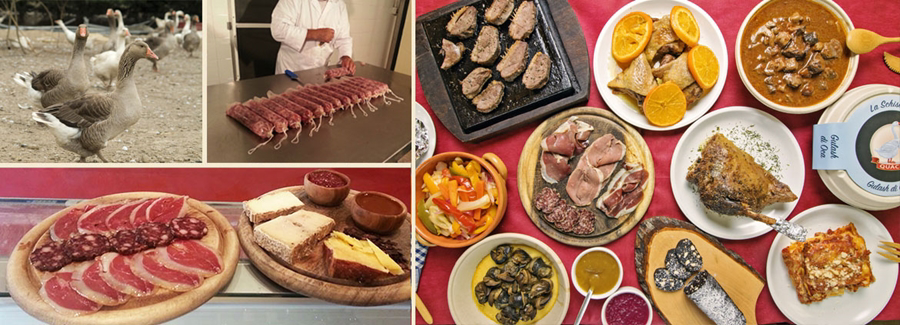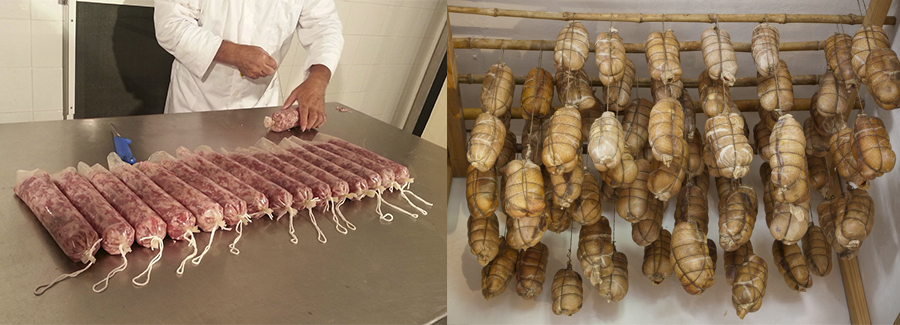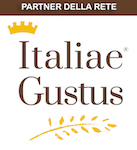Preziosa fonte di nutrienti
Le uova di anatra sono un alimento pco popolare ma sorprendentemente nutriente; sono, infatti, una preziosa fonte di nutrienti essenziali per il corpo umano perché ricche di proteine, grassi e colesterolo, con un valore energetico di 185 chilo-calorie per 100 grammi
Nelle uova di anatra troviamo vitamine e minerali come la vitamina A, vitamine del gruppo B, in particolare quantità importanti di vitamine B12, folati, tiamina e riboflavina, ferro, fosforo, potassio, sodio e zinco.
Che sapore hanno le uova d’anatra?
Le uova di anatra hanno un sapore diverso dalle uova di gallina perché il tuorlo è molto grande rispetto alla quantità di albume.
Nello specifico, hanno un sapore particolare che non è gradito a tutti e al palato possono sembrare più grasse.
Vitamine e minerali
Ricchissime di proteine, quasi il 25% dell’assunzione giornaliera raccomandata per una persona media, le uova d’anatra sono preziose per la costruzione della massa muscolare e per aiutare a riparare i muscoli danneggiati, oltre a contribuire a mantenere capelli forti e vigorosi. Gli aminoacidi aiutano a regolano l’umore, l’appetito e il sonno.
Hanno, inoltre, una grande quantità di ferro che fornisce vitalità, senso di buona salute e benessere. Quindi, sono anche una preziosa fonte di cibo per chi soffre di anemia. Infine, sono ricche di minerali e fosforo per una struttura ossea forte e sana.
Come si cucinano?
Potete cucinare le uova di anatra come quelle di gallina, a scelta e secondo i propri gusti: sode, al forno, fritte, strapazzate o in camicia.










